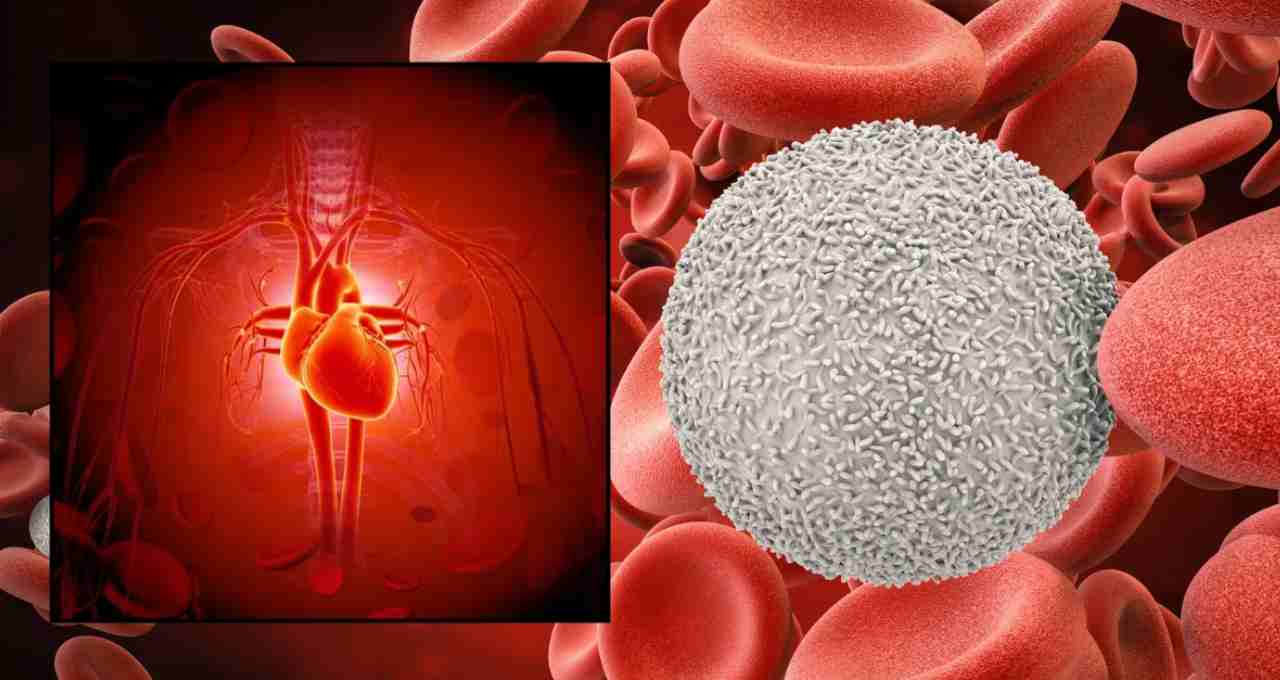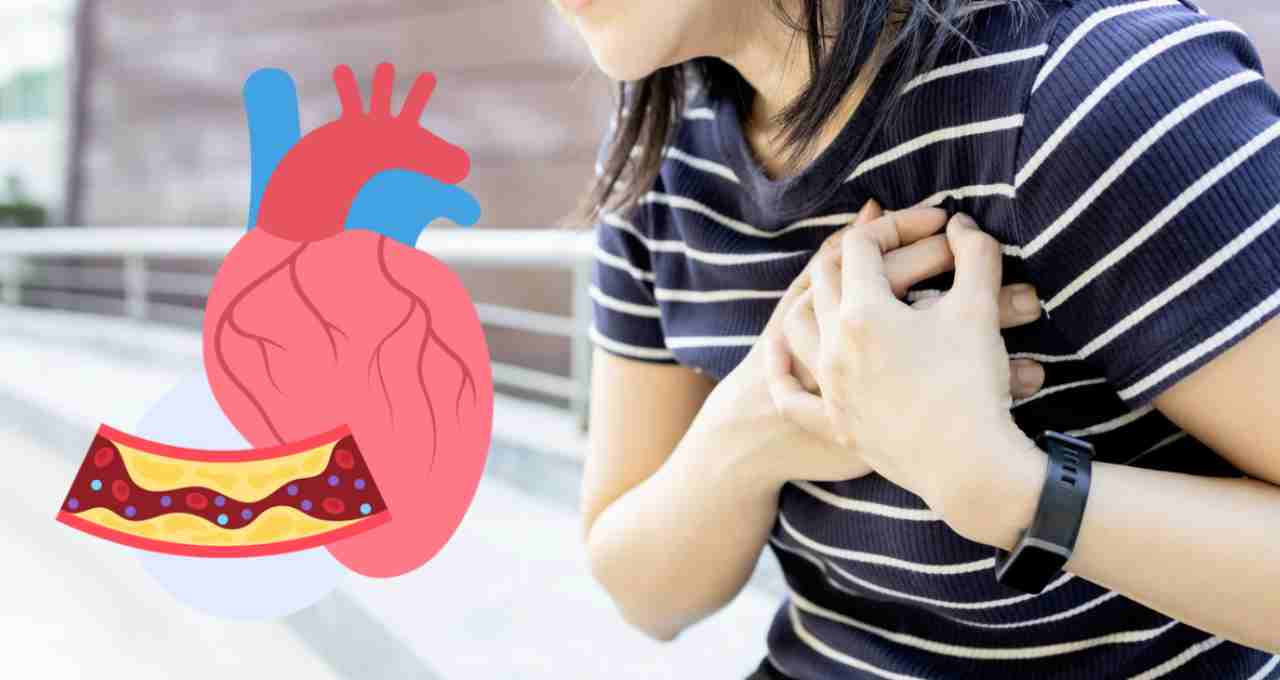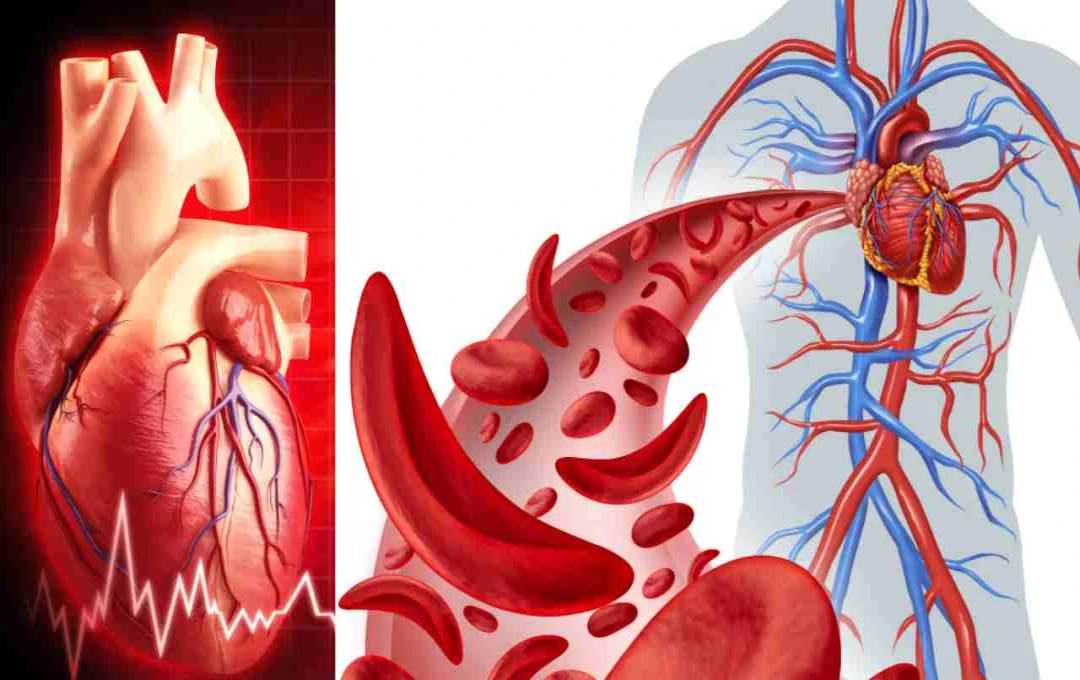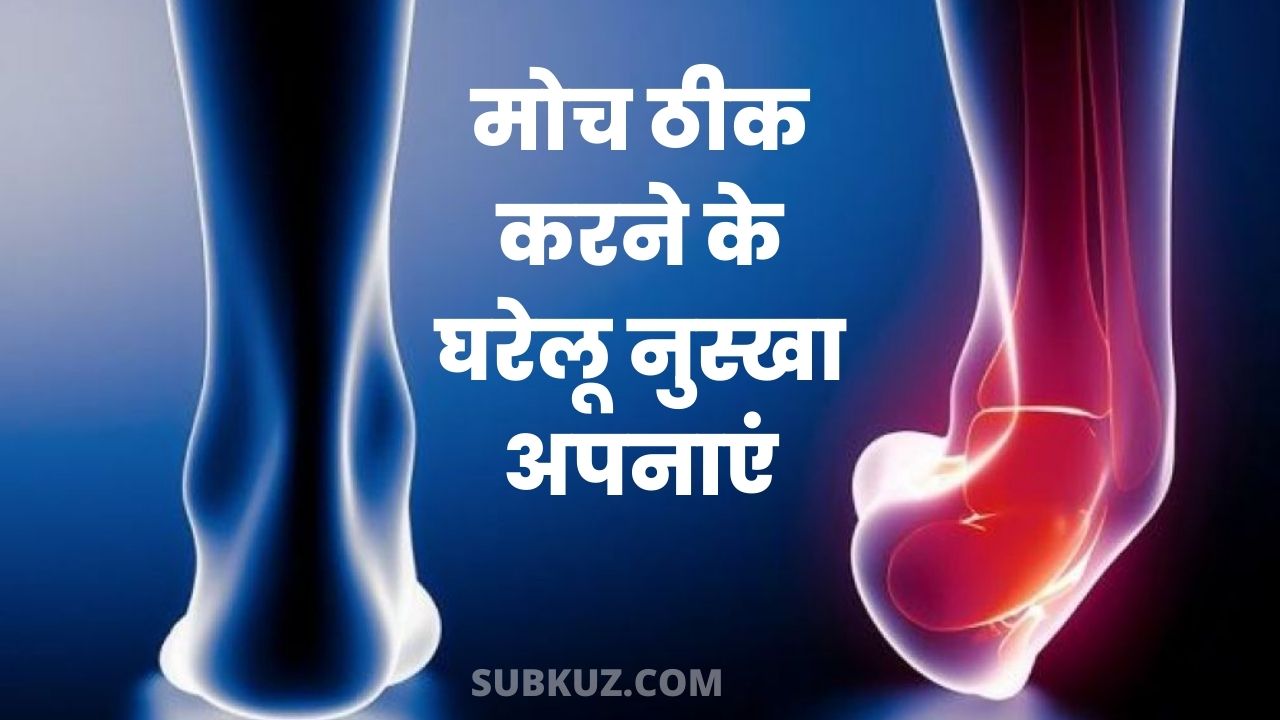The formation of a blood clot in the heart is a serious condition that can lead to a heart attack or stroke by obstructing blood flow. Poor diet, smoking, obesity, and physical inactivity are its major causes. Symptoms include chest pain, shortness of breath, irregular heartbeat, and sudden sweating. The risk can be averted with timely diagnosis and treatment.
Blood Clot In Heart: The formation of a blood clot in the heart is a rare but dangerous condition where a clot obstructs the supply of oxygen to the heart. According to Dr. Varun Bansal, a cardiologist at Apollo Hospital, an unbalanced diet, smoking, alcohol, obesity, diabetes, and high blood pressure are significant causes. Patients may experience symptoms such as chest pain, sudden sweating, fatigue, shortness of breath, and irregular heartbeat. Ignoring these signs can prove fatal, hence it is crucial to seek medical advice and adopt a healthy lifestyle promptly.
Causes of Blood Clot Formation in the Heart

When blood starts to coagulate instead of flowing normally, thickening to form a clot, it is called a blood clot. This clot obstructs blood flow, reducing oxygen supply to the heart. This is why a heart blood clot can lead to heart failure or heart attack.
According to doctors, poor diet is the biggest reason. Consuming excessive oily food, fast food, and sugary items increases cholesterol in the blood. Gradually, this cholesterol starts depositing on the walls of blood vessels. As a result, blood flow is obstructed, and the risk of clot formation increases.
Risk of Clot Formation Due to Dehydration
Dr. Varun Bansal explains that prolonged sitting or lack of physical activity also creates a condition for blood clot formation. When blood circulation slows down in the body, blood can stagnate in the vessels and form a clot.
Furthermore, smoking and alcohol consumption thicken the blood. Dehydration, meaning a lack of water in the body, also exacerbates this problem.
In Which Diseases Does the Risk Increase?
The risk of blood clot formation is higher in individuals with conditions such as diabetes, high blood pressure, obesity, or hormonal imbalance. This risk is further elevated in patients with heart disease. In these conditions, blood flow is already affected, and the likelihood of clot formation is greater.
How to Identify Early Symptoms

When a blood clot forms in the heart, the body exhibits several signs. The most common symptom is chest pain or a feeling of pressure. Sudden chest burning, heaviness, or a pricking sensation can also be indicators.
Shortness of breath or feeling fatigued even with minimal exertion is another significant symptom. Many patients also experience sudden sweating, dizziness, or weakness.
Pay Attention to Serious Signs
If the heartbeat becomes irregular or if a person feels tired without exertion, it could also be a symptom of a blood clot in the heart. Sometimes, patients experience sudden cold sweats.
In some cases, blood supply to the brain is reduced, leading to dizziness or fainting. If a clot is moving from the legs towards the heart, swelling or pain in the legs can also be signs.
Do Not Ignore the Risk
Experts believe that the symptoms of blood clots can resemble common ailments like acidity, fatigue, or breathing problems. However, if these symptoms recur frequently, they should not be taken lightly. Timely diagnosis and treatment are extremely important.
In today's fast-paced life, stress has deeply impacted heart health. People sit for hours in offices or at home, which slows down blood circulation. Coupled with oily food, lack of sleep, and physical inactivity, this problem becomes even more severe.















